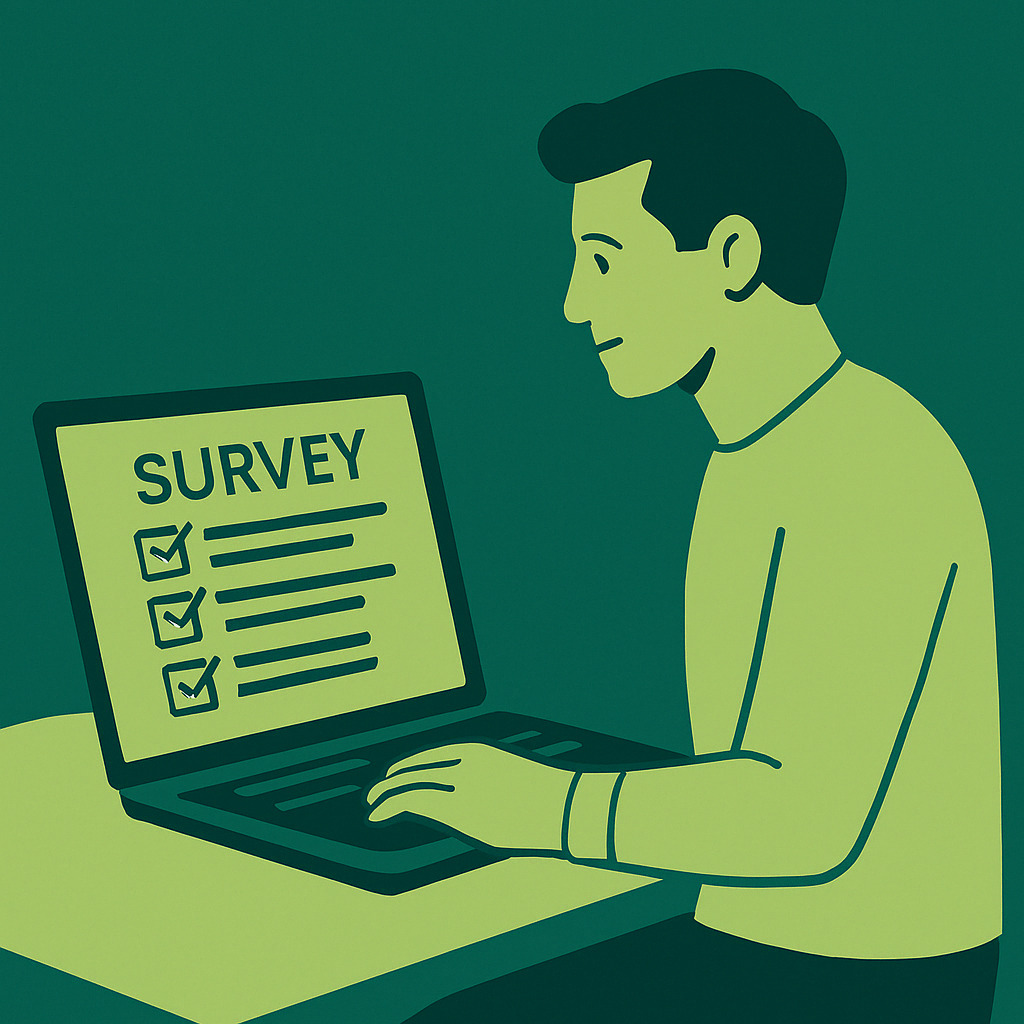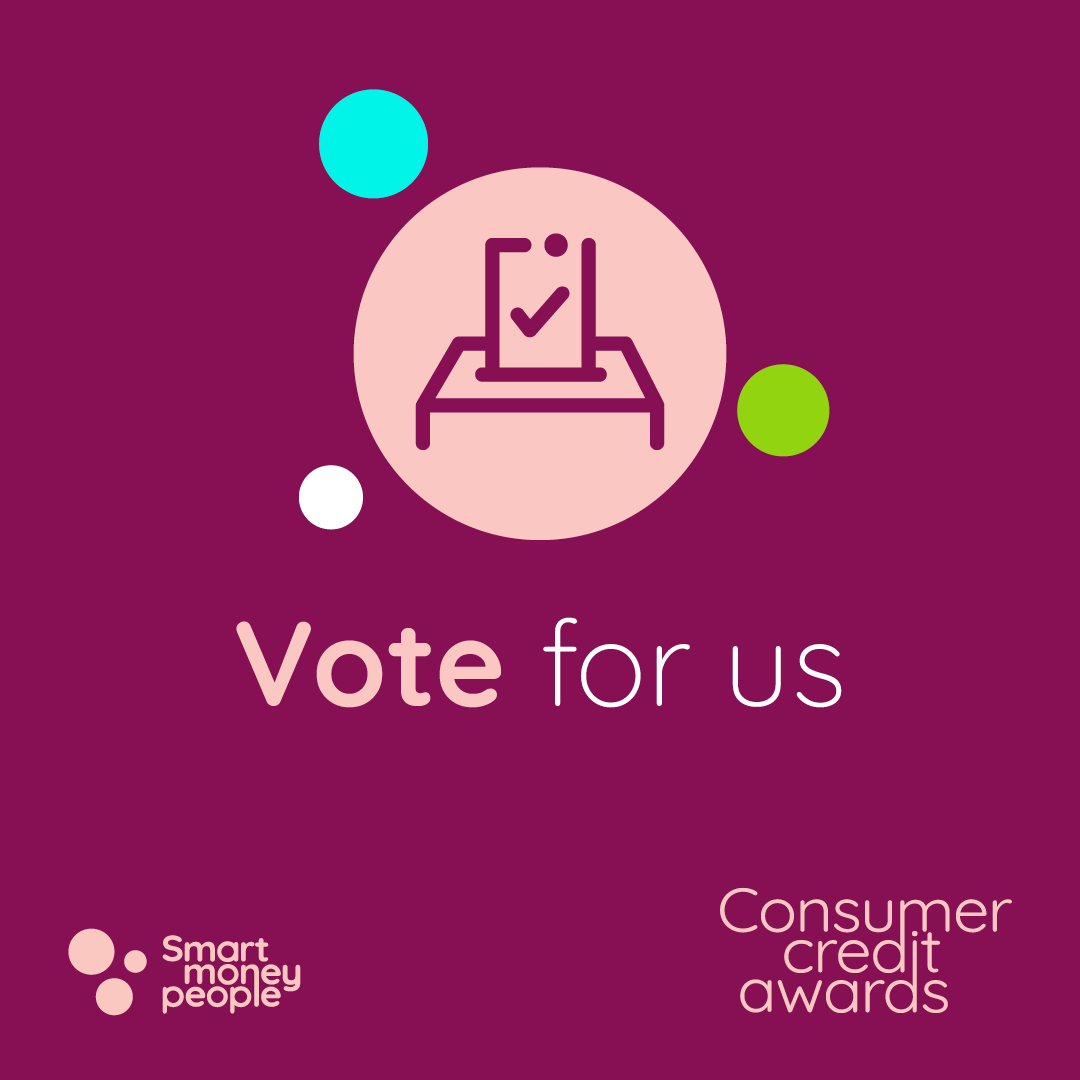It’s always good to be in the know, especially about money. Here’s a few things we think we should all know about money…
Start Budgeting
Doesn’t matter how much money you have, budgeting is a way of keeping on top of things. It allows you to see clearly what you have coming in and what you have going out. To start, simply make a list of the money you receive and the money you pay out – your bills, rent or mortgage payment, shopping, fuel and so on. Subtract the money out from the money in and that’s what you have left.
If you find the money left isn’t enough to live on, or you are struggling, look at ways to reduce your outgoings. Maybe you could switch your gas and electric supplier, or work on reducing the debt you pay. If you really look at it closely, there are always things you can do. On the income side, could you get extra by clearing out the clutter from your house? Maybe you could sell the things you don’t want on Gumtree or Ebay. Doing the budget allows you to get a clear picture of what your money situation is at the moment and helps you to see what you want it to be and then to start making a plan.
There is a really good rule you could use that’s called the 50/30/20 rule that you can work towards. This rule is that once you have your after tax money, 50% (or half) goes to spending (bills, etc), 30% onto your wants and 20% onto savings. Most of us are not in that position, but it is definitely worth working towards and something to think about. If that rule doesn’t work for you, maybe you could make up your own that does work for your situation.
Try Money Tracking for 30 days
This works well towards budgeting because it is surprising how we spend money without thinking about it. For 30 days, track all your money. So that means whatever comes in and whatever goes out. Even down to buying a pack of chewing gum at the shop. There are spending tracker apps you can download for free on your phone’s app store to make the tracking easier.
This exercise is great because at the end of the 30 days you see quite clearly where all your money goes. It also means that you can then decide where you could cut back to save money. For example you might spend £2.00 every day on a coffee or lunch and decide if you cut back that saving could be put elsewhere or into your savings account. Try it!
We all need emergency savings
Often we think about a pot of savings for things like holidays or a new car, but having a little bit of money put aside for emergencies is a really good idea. Whatever the emergency; from your washing machine breaking down, your car needing repairs to needing to make a last minute trip, having some money put by for emergencies means it is there if you need it. Put this pot of money somewhere else, separate to your regular savings and only use it in emergencies.
Not sure of the amount to have in emergency savings? Think about the things you could spend it on – what emergencies might crop up? How much does a washing machine cost for example? Even a small pot of money will help in an emergency.
Saving is addictive
We all know spending can be addictive, but saving can be too. Which of course is a good thing. It doesn’t matter how much money you have, just start saving. Once you see your savings increase you will find that you want to add a bit more to keep building it up. Aside from the emergency savings pot we just talked about, you don’t always have to save for something specific, just save!
Here’s an example. One of our members told us that she had never had savings and her daughter said to her one day, that she wouldn’t unless she just started saving. Smart kid! So she began by saving £5 every week. It didn’t seem like much, but she didn’t miss it either. That’s a key point to note, only start small because if you try to save too much you will find you need it back. She set up a standing order every Friday from her bank account to her Clockwise savings (share) account and just let it build up. She would check the balance every now and then and she said it didn’t seem like much because it was only £120, but then as the months went by she started to realise it was building up. When it reached £500 she decided to increase the amount to £10 a week and when it then reached £750 she increased it again to £15 a week. Her savings pot is now over £1,000 and she said that this is the first time in her life that she has just had savings put by for no reason. It has improved the way she thinks and behaves about money because she would always before think she wasn’t good with money. Now she has successfully saved, she knows that she can keep going and it has given her confidence to save more and she feels she is now good with managing her money.
Even if you start with £1 a week it is better than nothing and you too can see how this builds up over time. The trick is to just leave it and keep adding to it. It won’t increase if you dip into it. Having your Clockwise savings account makes this easier because it is separate from your bank account so you are much less likely to take the money out.
Learn about money
There’s lots of things you can learn about money to help you manage it better…why not take some time to find out more and see what you can do to change your money situation. If you need any advice just let us know and you can book an appointment with Helen who is in our Head Office Branch every Thursday to help with budgeting tips and money advice. If you’d like to book an appointment with Helen you can call us on 0116 2423900 or email enquiries@clockwise.coop








